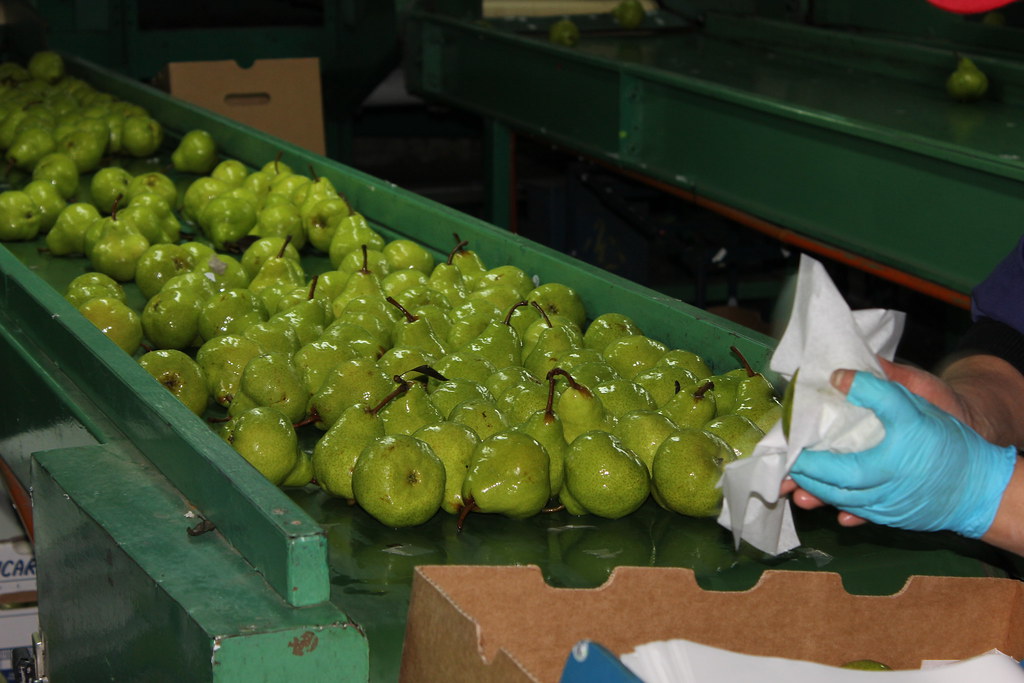More than half of Chilean fruit producers facing serious labor shortage

More than half of Chilean fruit producers are facing a serious shortage of workers according to a new survey from the Federation of Chilean Fruit Producers (Fedefruta).
Of the companies surveyed, more than half said they had 50 to 70 percent fewer workers than they needed for their orchards and packhouses.
"The shortages faced by producers who are harvesting at this time are mostly within this range," Fedefruta President Jorge Valenzuela said.
"If this situation continues, by the time we get to September we'll have a deficit of more than 150,000 workers for critical tasks."
The Maule Region in central Chile is where the greatest labor shortage has been reported with an average of 52 percent, the survey showed.
Almost half of those surveyed said the average salary has increased between 20 and 30 percent due to the difficulty of finding workers, while 28 percent have been forced to increase wages by 40 to 50 percent.
Even though wages have risen by more than 50 percent in the Coquimbo Region, companies there have faced a labor shortage of 48.7 percent.
"In this area, they had to leave fruit unharvested, which means lost work for the entire year," Valenzuela said.
In Chile's central zone, where the work as of now mostly consists of pruning, the availability of workers in the O'Higgins Region has dropped by 47.5 percent.
When asked about the reasons behind the shortage, 92 percent of respondents said that workers feared losing their state benefits if they signed a work contract.
To correct the misconception, Fedefruta has called for a campaign informing citizens that they are permitted to work without giving up their benefits during the pandemic.
Additionally, 36 percent of respondents cited a lack of foreign labor as a result of border closures as a major contributor to the shortage. Twenty-eight percent consist of "workers who cannot leave their homes because their children cannot go to classes", Valenzuela said.
Fear of contracting Covid-19 was the reason for 20.3 percent of companies as to why people are no working.
“It is essential to continue advancing in vaccination plans in rural areas of the country,” Valenzuela said.
Finally, only 15 percent said the problems were due to movement restrictions between quarantined communities and regions.
Almost half of those surveyed (49 percent) estimate that, if the situation continues between now and the summer months, they will have to stop harvesting between 20 and 30 percent of their production; while 23 percent said it would prevent them from harvesting 40 to 60 percent of their crop.
“If we don't have people, the fruit is going to start to rot and we are going to have many more complications," Valenzuela said.
Fedefruta has requested meetings with authorities in the industry to discuss urgent measures to ease the shortage.




















































